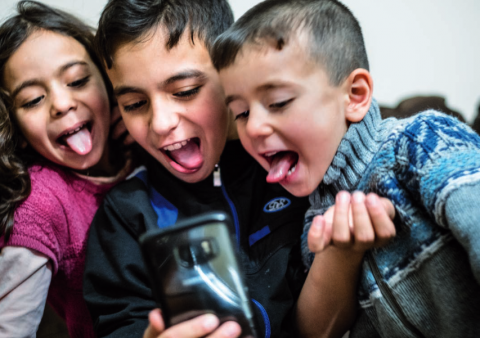On the one hand, the report analyzes the loss of opportunities involved in not having access to the network, and, on the other hand, the disadvantages that has accesing from a more vulnerable starting point.
According to the National Institute of Statistics (INE), in Spain 95% of children between 10 and 15 years old use the Internet. Even so, there are 300,000 children and teenagers who have not used a computer and 140,000 who have not had a single contact with the network in the last three months. For UNICEF, in a world where everything is digital, being out of the ICT is another way of exclusion. It states that these situations are, mainly, related to the socio - economic status of families and the resources that can be devoted to accessing the Internet.
The study underlines that the Internet can promote the rights of children and that has revolutionized the lives of children, especially those most vulnerable, helping them to develop their potential, integrate themselves or find references and help. But it also points out that the most vulnerable children reach the Internet with an extra vulnerability that makes them more susceptible to risks, such as cyberbullying, sexting, access to content that is not suitable for minors, excessive use, lack of privacy, improper use of personal data, etc.
The report includes a series of recommendations for technology companies, public institutions, families, educators, and the boys and girls to ensure a safe use of ICT. It also calls for a new regulatory framework that regulates the Internet, and a greater boost to the protocols and strategies of prevention and action in cases of violence.
To learn more about the content of the study, you have two options:



